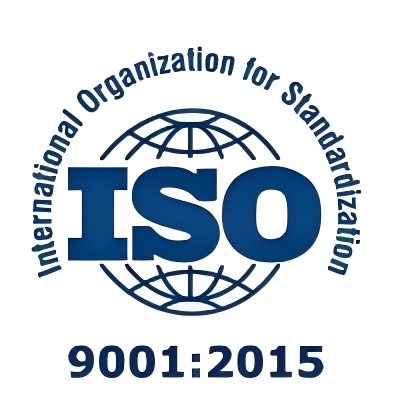How much does it cost to get ISO 9001:2015 certified?
Obtaining ISO 9001:2015 certification involves financial investment. What’s the cost to achieve this standard?
The cost of ISO 9001:2015 certification[^1] varies widely based on factors such as company size and existing management systems. Typically, it includes expenses for internal training[^2], consultations, audits, registration fees, and necessary process adjustments. On average, costs may range from a few thousand to tens of thousands of dollars.
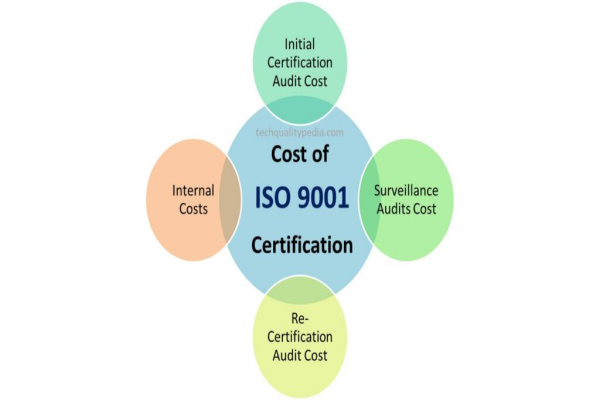
The initial outlay may appear substantial, covering training sessions, potential consultancy fees, and audit costs[^3]. However, these investments lead to long-term benefits such as increased efficiency, reduced waste, improved customer satisfaction, and enhanced competitiveness. Companies should factor costs into budgets strategically, emphasizing necessary training and adopting systematic processes to meet ISO guidelines.
Why is it called ISO 9001:2015?
ISO 9001:2015 might sound like a cryptic label. What’s behind the name?
ISO 9001:2015 indicates the version year of the standard and part of the ISO 9000 family, dealing with quality management systems[^4]. "9001" specifies the standard number within the family, while "2015" represents the year of the most recent revision of the standard.
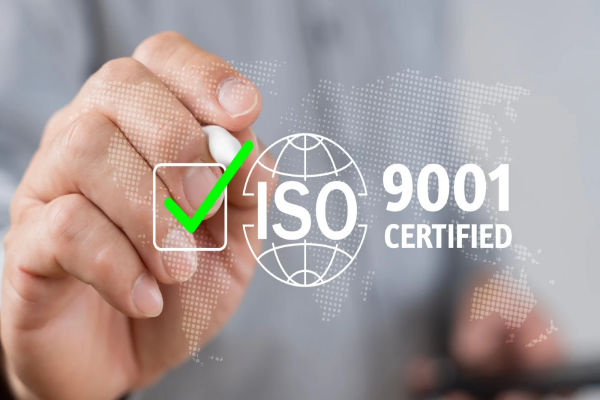
Understanding the naming convention clarifies the standard's place within a broader set of quality assurance criteria. ISO updates its standards periodically to reflect changes in global business practices and maintain relevancy. The 2015 version brought key changes, such as greater emphasis on risk-based thinking and improved requirements for leadership, ensuring firms adopt holistic quality management approaches.
Who issues ISO 9001:2015 certificates?
Certification might seem obscure without knowing the issuers. Who certifies ISO 9001:2015?
ISO 9001:2015 certificates[^9] are issued by accredited third-party organizations known as certification bodies. These bodies assess compliance with the standard through detailed audits and documentation reviews, subsequently granting certification to companies meeting the required benchmarks.
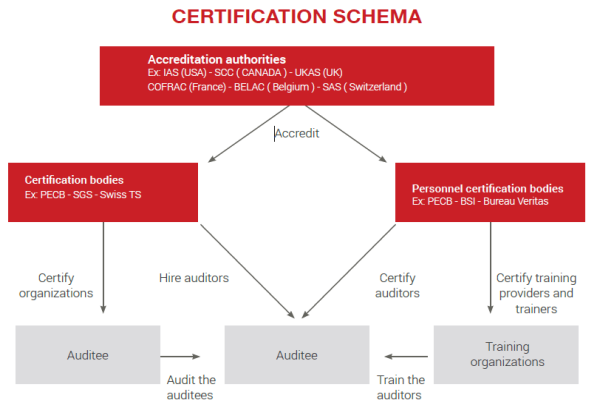
Certification bodies play a critical role by independently verifying a company's adherence to ISO standards, thereby ensuring credibility and consistency in quality management practices. Organizations must choose reputable bodies recognized internationally and accredited by respected national accreditation entities like ANAB, UKAS, or DAkkS to ensure certifications are valid and recognized globally.
Which is the best ISO certification company?
Efficiency and accuracy distinguish top certifiers. What company excels in providing ISO certifications?
Several renowned certification bodies[^10] exist, but those most lauded include TÜV SÜD, Bureau Veritas, and BSI Group. These organizations are known for their rigorous auditing processes, extensive industry expertise, and global reach, ensuring credible, globally recognized certifications.
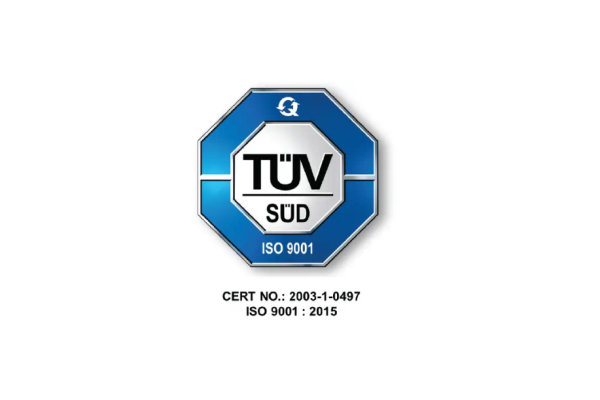
Choosing the right certification company can impact the ease and credibility of the certification process. Established bodies like TÜV SÜD[^11], Bureau Veritas[^12], and BSI provide comprehensive support, industry-specific insights, and established reputations, making them excellent choices. Organizations seeking certification should consider these companies’ track records and client reviews for informed decision-making.
How many companies are ISO 9001 certified?
Numbers reflect widespread adoption. What’s the tally of ISO 9001-certified companies?
Globally, over one million organizations across diverse industries have achieved ISO 9001 certification[^13]. This widespread adoption reflects the standard's importance in enhancing quality management and driving efficiency within businesses large and small.
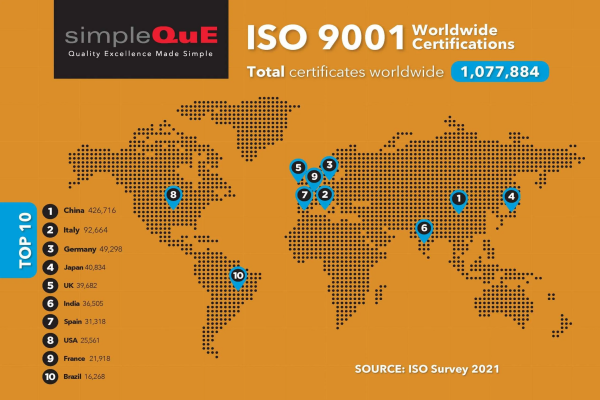
The high number of certifications attests to ISO 9001's appeal and efficacy in improving organizational processes. Industries ranging from manufacturing to healthcare recognize the advantages of standardized quality management[^14] practices, making ISO 9001 a cornerstone in fostering robust and competitive operations. By joining this network of certified businesses, companies gain customer trust and enhance operational quality, placing them at the forefront of industry standards.
Conclusion
ISO 9001:2015 certification costs vary, signifying standards updating practices internationally, issued by accredited bodies. Leading certifiers aid in achieving compliance, with widespread adherence highlighting its corporate value.
[^1]: Explore this link to understand the certification process, requirements, and benefits of ISO 9001:2015. [^2]: This resource will provide insights into effective training strategies to ensure compliance with ISO 9001:2015. [^3]: Learn about the typical audit costs involved in ISO 9001:2015 certification to better prepare your budget. [^4]: Discover the essential elements of quality management systems to enhance your organization's efficiency and compliance. [^5]: Explore this link to understand the steps and requirements for achieving ISO 9001:2015 certification, ensuring your business meets quality standards. [^6]: This resource will provide insights into effective internal training methods that can help your team understand and implement ISO 9001:2015 standards. [^7]: Discover the average consultancy fees associated with ISO 9001:2015 certification to better budget your certification process. [^8]: Learn about the essential components of quality management systems as outlined in ISO 9001:2015 to enhance your organization's quality practices. [^9]: Understanding ISO 9001:2015 certificates is crucial for businesses aiming for quality management excellence. [^10]: Learn about certification bodies to ensure your organization chooses a reputable entity for ISO certification. [^11]: Explore TÜV SÜD's services to see why it's a top choice for ISO certification and quality assurance. [^12]: Discover how Bureau Veritas can support your ISO certification journey with their expertise and global reach. [^13]: Explore this link to understand the significance of ISO 9001 certification in enhancing quality management and operational efficiency. [^14]: Discover how effective quality management practices can transform business operations and drive success.
